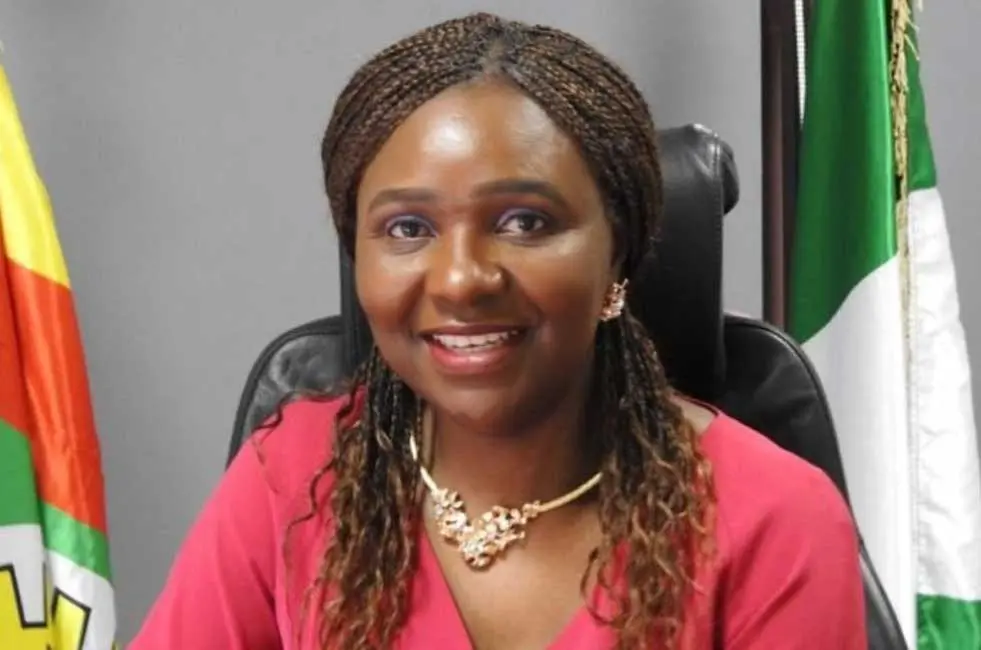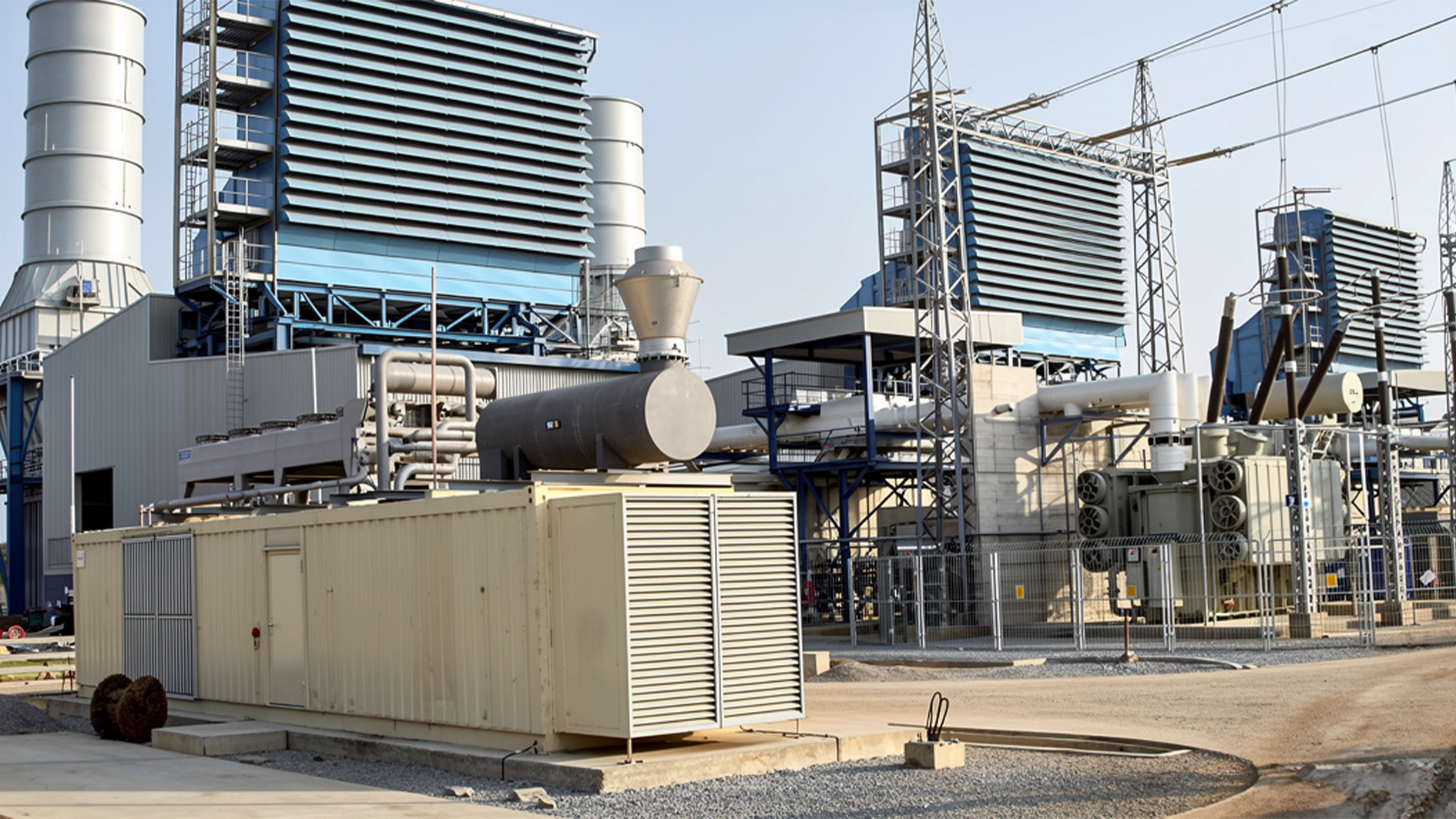The Nigerian Mining and Geosciences Society (NMGS), veteran geoscientist and Vice Chairman of the Board of ND Western, Dr Layi Fatona; energy expert, Professor Philip Amadi; and the Vice Chancellor of the University of Ibadan (UI), Prof. Kayode Adebowale, have called for sustained and strategic investment in human capital as a pathway to achieving Nigeria’s long-sought energy independence and security.
They made the call at the second NMGS/ND Western/Layi Fatona yearly lecture series held at the Layi Fatona Lecture Theatre, Professor M.O. Oyawoye E-Library, Department of Geology, University of Ibadan.
The event, organised by NMGS, brought together industry professionals, academics, alumni, a former Vice Chancellor of UI, students, and dignitaries, including members of the University of Ibadan Geology Class of 1973, fondly called “The Big Mouths.”
Speaking on the theme: “Human Capital Developmental Efforts to Foster Nigeria’s Energy Independence and Security,” Dr Layi Fatona reaffirmed the critical role of human capital development in securing Nigeria’s energy future. He described the lecture series as more than an academic exercise but a personal “homecoming,” a celebration of legacy, and a platform for reshaping the nation’s energy narrative through knowledge, collaboration, and people-focused dialogue.
He noted that Nigeria’s path to true energy independence lies not only in harnessing its natural resources but in building a generation of skilled, innovative, and visionary professionals capable of transforming those resources into sustainable national value.
Amadi called for a radical rethink of Nigeria’s energy and environmental policies, urging the government to prioritise national interest over bureaucratic expansion and conflicting agendas.
“The major issue is not whether the government is doing well. It is that we have too many regulatory agencies, too many departments. Each administration introduces new parastatals, new bodies, often with overlapping roles, creating confusion and inefficiency. We have over 20 agencies working at cross-purposes,” Amadi stated.
He noted the contradiction in Nigeria’s approach to energy development, where oil and gas contribute nearly 90 per cent of the national income, yet the country commits heavily to climate change expenditures. Amadi argued that Nigeria is not yet ready for meaningful climate change investments because the foundational structures, particularly human capital development, are not in place.
He stressed that any transition, whether in energy, climate, or economy, must be built on a well-trained and innovative workforce capable of designing sustainable, locally relevant solutions.
In her remarks, NMGS President, Ms. Rose Ndong, underscored the importance of capacity building and knowledge transfer in sustaining growth in Nigeria’s mining and geosciences sector.
“Over the years, we have hosted lectures covering diverse educational areas and involving various government agencies. These initiatives are designed to build capacity for the industry, while also giving back to the public, students, and academia,” she stated.
She added that the Society’s focus on human capacity development is central to its mission. “By mentoring young professionals and ensuring effective knowledge transfer, NMGS aims to bridge the gap between seasoned veterans and the emerging generation. It is passing on the ethics, information, and knowledge to those who are coming behind us.”
The Vice Chancellor, Prof. Adebowale, expressed appreciation to NMGS for selecting the University of Ibadan to host the event, which honours the legacy of Dr Fatona, a renowned geoscientist and pioneer in Nigeria’s extractive industry.
He described the theme as timely and urgent, given Nigeria’s continued struggle with energy poverty despite its vast natural resource base.
“We are a nation blessed with abundant resources, yet we grapple with energy poverty and import dependency. This paradox can only be resolved through deliberate, strategic, and sustained investment in our most valuable resource, our people,” he said.
The VC noted that true energy independence depends on indigenous capacity, technical expertise, and innovation to explore, manage, and maximise the country’s resources for national development.
“At the University of Ibadan, through our Faculty of Science and Department of Geology, we are committed to developing a curriculum that is robust, dynamic, and industry-relevant,” he added.






